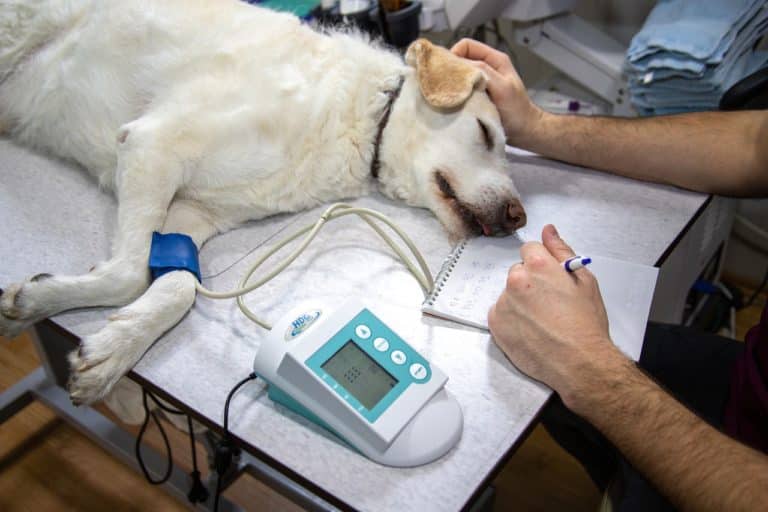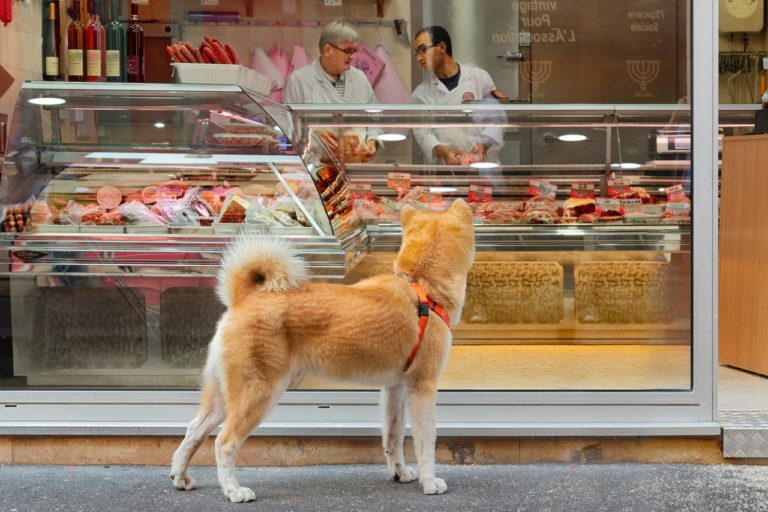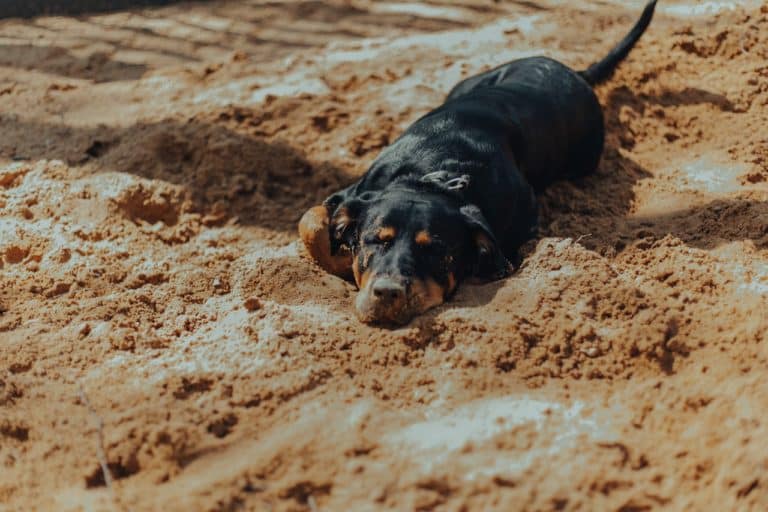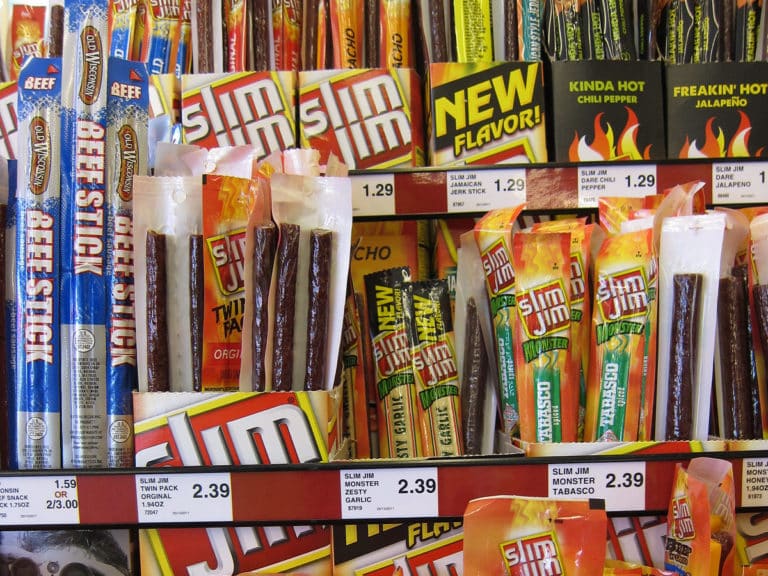Neutering of pet dogs, also known as desexing, castration or spaying, is a common procedure recommended by most vets. In male dogs, this involves the removal of the testicles from the scrotum. Benefits of neutering include decreased risk of testicular cancer along with prevention of unwanted offspring and aggressive behaviors during heat. However, neutering is an operation not without its risks and complications. For male dogs, neutering may lead to swelling in the genital region, or scrotum.
What causes swelling in a neutered male dog?
Normal swelling is usually caused by your dog’s local reaction in the body to the operation. However, for abnormal cases of swelling that require medical attention, they may be caused by:
- Infection
- Scrotal hematoma (this is when the scrotal tissue becomes full of blood)
- Bruising
- Hemorrhage
- Wound opening (dehiscence)
What is normal swelling in a neutered male dog?
A little bit of swelling after surgery is normal and expected. If the swelling is mild and disappears after a few days, then you have nothing to worry about. The swelling results from the local tissue’s reaction to the procedure. For male dogs, it may even look like the testicles are still in the scrotum, even though they are not there!
When should I be worried about swelling after my dog is neutered?
When you notice any of the below, you should notify your veterinarian straightaway:
- The scrotum remains swollen for longer than a few days
- There is discharge from the incision site
- The sutures (also known as stitches) have been removed or disturbed by too much licking or chewing from your dog
- Your dog is passing urine with blood in it
- Your dog vomits, has diarrhea and/or has a loss of appetite
- Your dog exhibits a severe change of behavior (e.g. depression)
- Your dog is showing signs of constant pain or discomfort
What to do about swelling in a neutered dog?
Your veterinarian should have given you instructions for post-operative care of your dog. As such, it is best to follow their instructions. If you notice any abnormal signs of swelling described above, then you should make another appointment with your veterinarian straightway.
According to the Pet Resource Centre of Kansas City, which performs a high volume of neutering operations, you should:
- Leash walk your dog only, for one week after surgery. Restrict excessive movement such as running or jumping to allow the incision to heal
- Not bathe your dog, or allow it to get wet for at least seven days
- Prevent your dog from licking, chewing or pulling out the sutures/stitches. Your dog may need to wear a protective dog collar, also known as an Elizabethan collar
- Apply cold/ice compresses to prevent issues associated with a hematoma
- Gently clean the incision area with a cotton ball and mild soapy water if dirty




